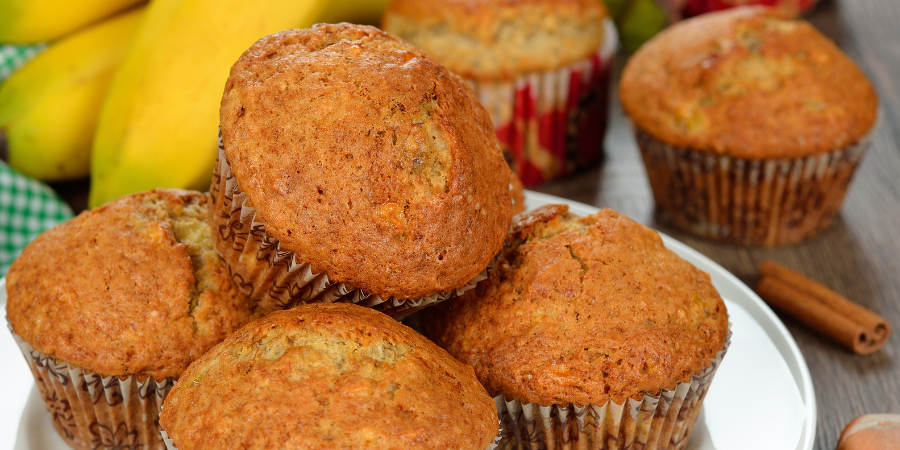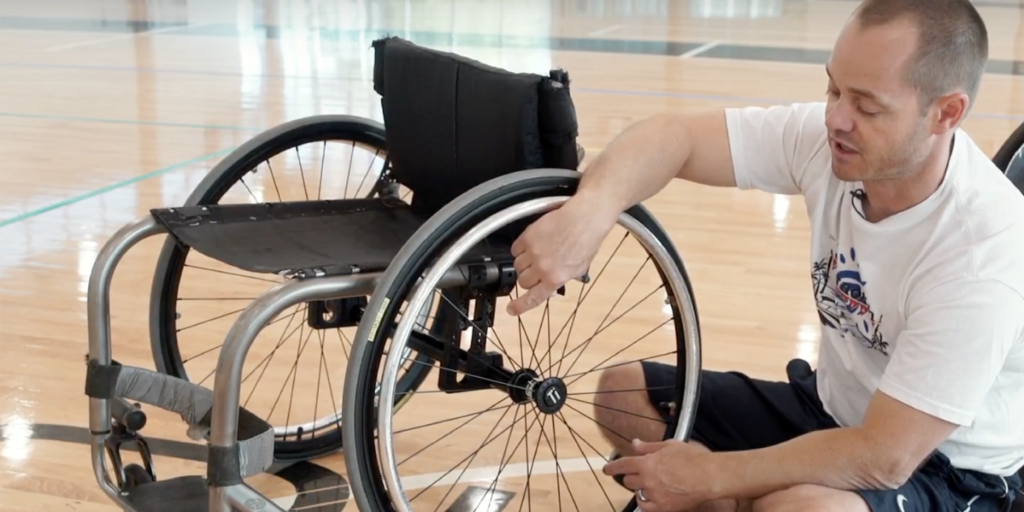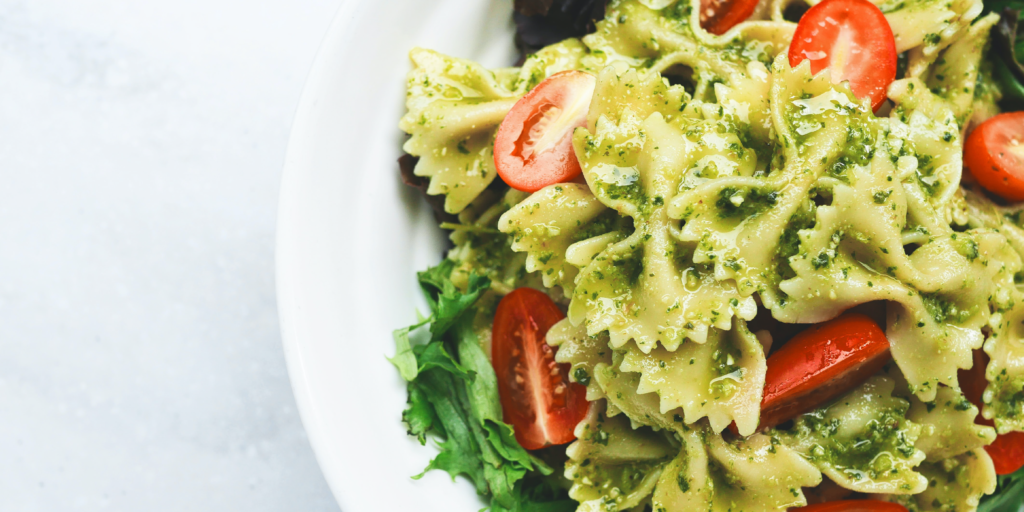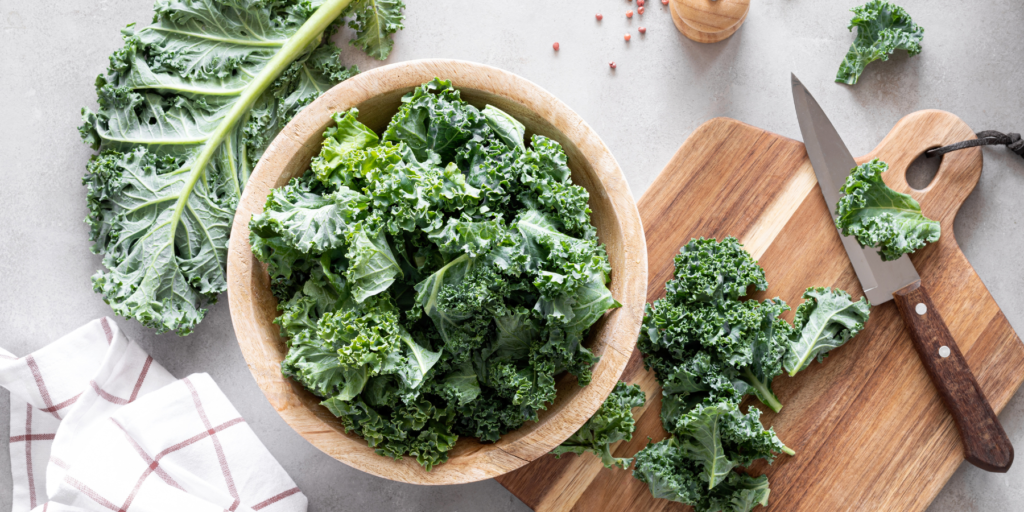Meeting your protein needs is beneficial to prevent muscle loss – and keeps you feeling full for longer. “People with disabilities experience muscle loss more frequently than those without disabilities,” says Lacey Gammon, NCHPAD Nutrition Coordinator. “And building muscle can help improve mobility and decrease pain.”
Breakfast is often called the most important meal of the day, and it’s true that breakfast is a great opportunity refuel your body and start your day right. And adding some extra protein to your breakfast can help prevent muscle loss.
How much protein do you need?
Generally, 30-35 percent of your daily calories should come from protein sources. Some good protein sources are beans, beef, tofu, chicken, peas, turkey, nuts and seeds. “Keep in mind that exceeding your protein needs without accompanied exercise could lead to weight gain,” says Gammon. “Excess protein not being utilized is stored as fat.”
Try protein powder
Protein powder is an easy way to add more protein to your diet. When looking for a protein powder, try to make sure it has at least 20 grams of protein per scoop (not serving) and fewer than 5 grams of carbohydrates per scoop. “But make sure you choose a protein powder that meets your health goals,” says Gammon. “Not all supplements are created equal.”
Here’s what you should consider:
- Is it a reputable brand? Protein powders are not regulated by the FDA. Do you research about a brand before picking up just any protein powder.
- What type of protein is being used? Soy, whey, egg, milk, pea?
- Is there added sugar in the product? Are there any additional fillers?
- Does it provide a variety of amino acids? If not, you will need to get other sources of protein throughout the day.
- Does it have a biological value or protein digestibility on the label? This is an estimation of how well your body will absorb the protein.
Try these three healthy high protein breakfast recipes if you are having trouble eating or meeting your protein needs.
Chocolate Chip Protein Muffins:
- 2 scoops of vanilla protein powder
- 1 teaspoon baking powder
- 1/2 cup milk or milk substitute
- 1 cup apple sauce
- 1/2 cup nut butter
- 1/2 cup chocolate chips
Vanilla Protein Smoothie:
- 1/2 cup frozen mango
- 1/2 cup frozen pineapple
- 1 scoop of vanilla protein powder
- 1 cup milk or milk substitute
Overnight Protein Oats:
- 1.5 cups old-fashioned rolled oats
- 2 tablespoons chia seeds
- 2 scoops of vanilla protein powder
- 2 cups milk or milk substitute
- 2 tablespoons honey
- 1 teaspoon vanilla extract
- Blueberries for topping




